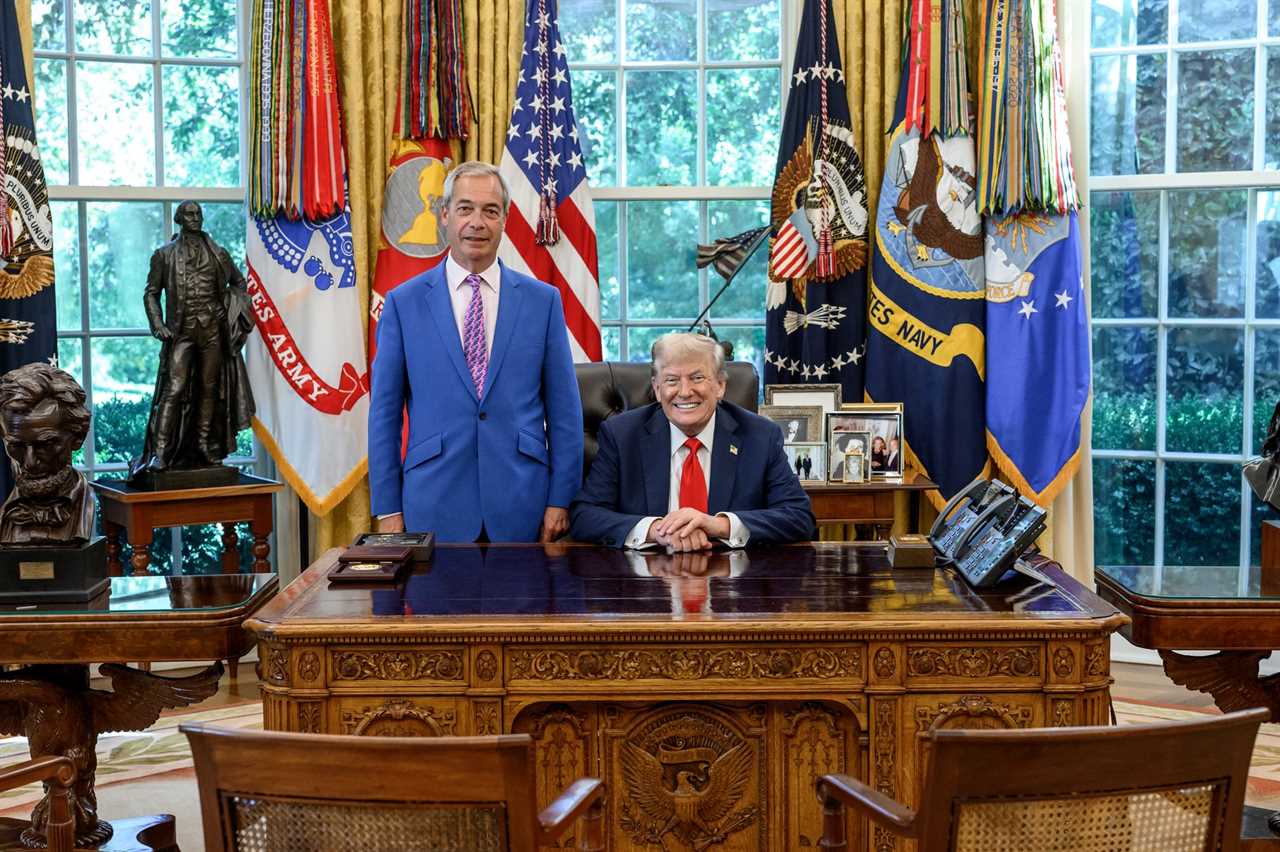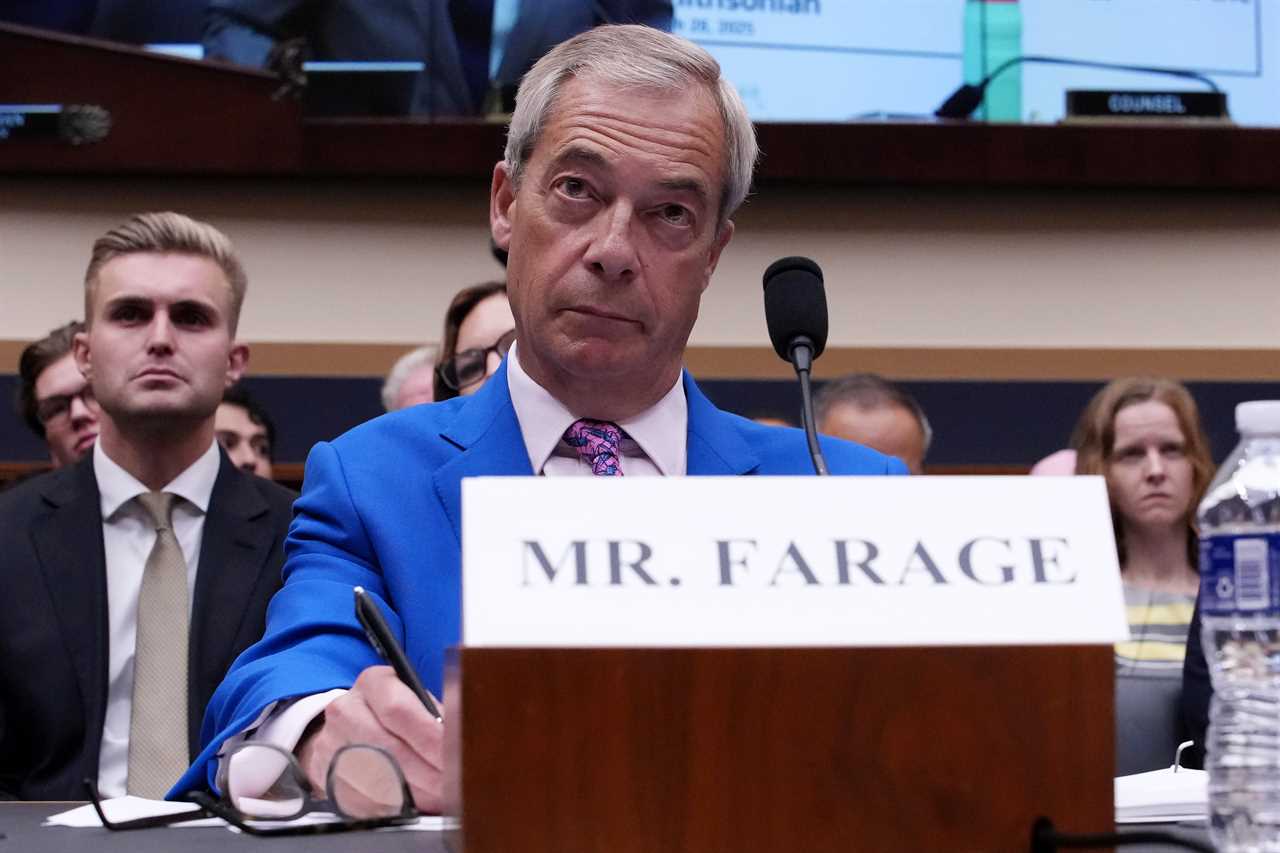
The recent photo of Nigel Farage alongside US President Donald Trump in the Oval Office has reignited discussions about free speech and government control, following Farage's testimony to US Congress on the state of freedom of expression in Britain.
Freedom of Speech Under Scrutiny
During his appearance in Congress, Farage drew controversial parallels between the UK and North Korea, highlighting concerns about the reach of regulators and law enforcement into online speech. He referenced the arrest of Irish writer Graham Linehan and the imprisonment of Lucy Connolly, emphasizing a perceived erosion of fundamental rights in the UK.
Farage's remarks underscore a growing unease around online speech regulation and governmental overreach, prompting questions about the balance between free expression and social responsibility.
Political Backlash and Allegations
Farage's congressional testimony faced criticism from Democrat representatives, with accusations of him being a "Putin-loving free speech impostor and Trump sycophant." The exchange highlighted transatlantic divides on issues of free speech and political representation.

Allegations of Farage's alignment with tech giants and his stance on the Online Safety Act further fuelled the debate, revealing complex intersections between political agendas, corporate influence, and public discourse.
Challenges to National Identity and Patriotism
The clash between Farage and UK politicians, including Prime Minister Boris Johnson, over Farage's overseas advocacy and perceived disloyalty, sheds light on competing visions of patriotism and national interest. The accusations and denials surrounding potential sanctions underscore deep-seated tensions within British politics.
These exchanges underscore broader debates around sovereignty, accountability, and the role of individuals in shaping national narratives and policies.
Farage's activities in the US and the subsequent reactions in the UK illuminate the complexities of modern political discourse, highlighting the intricacies of free speech, political allegiances, and national identity in an interconnected world.






